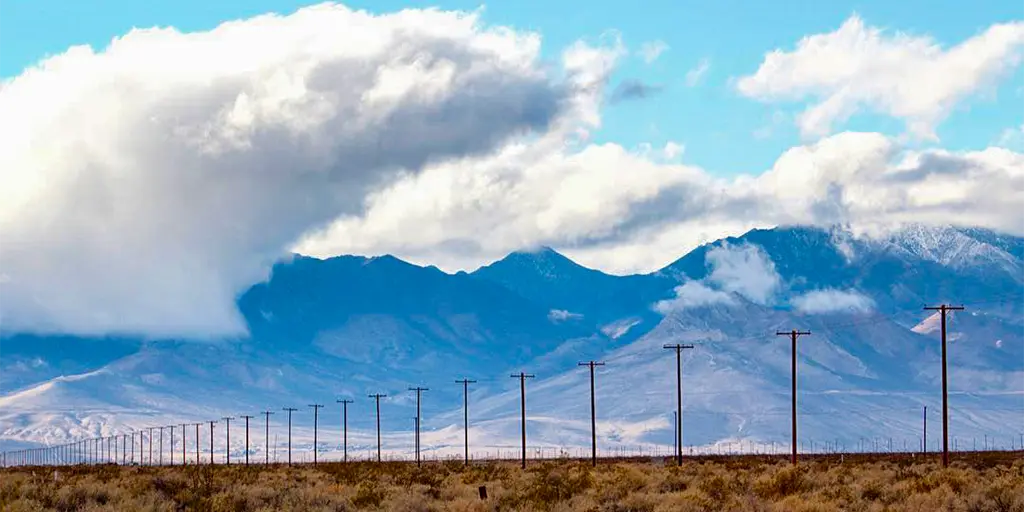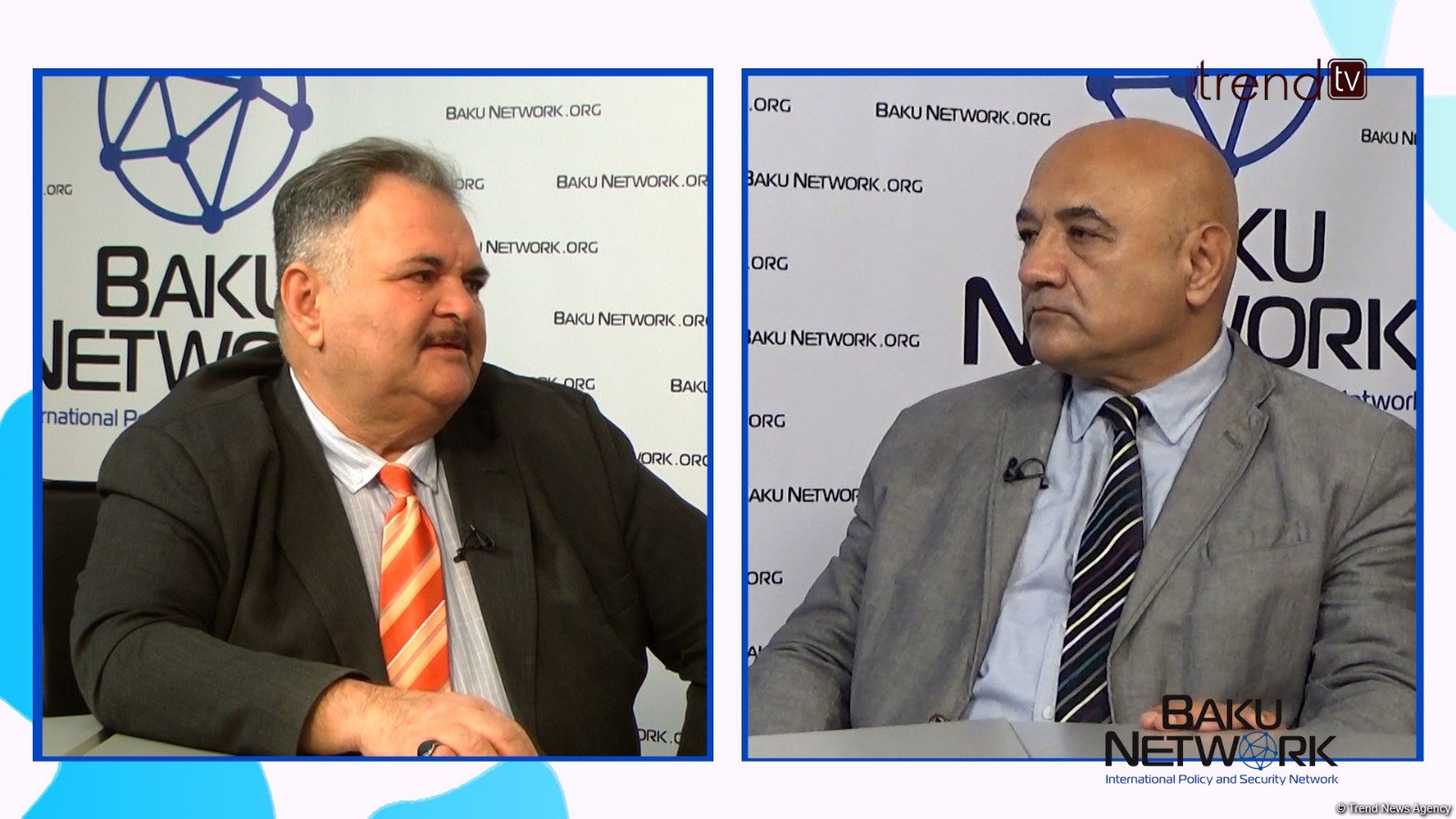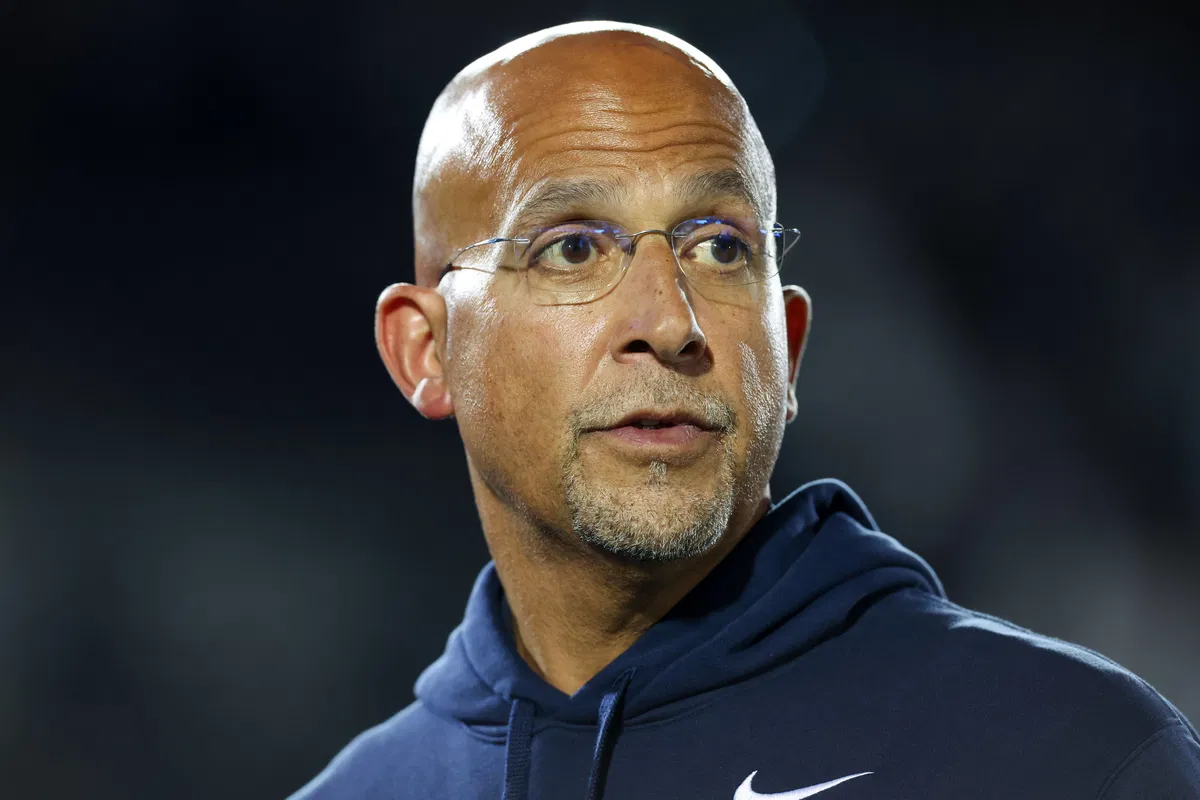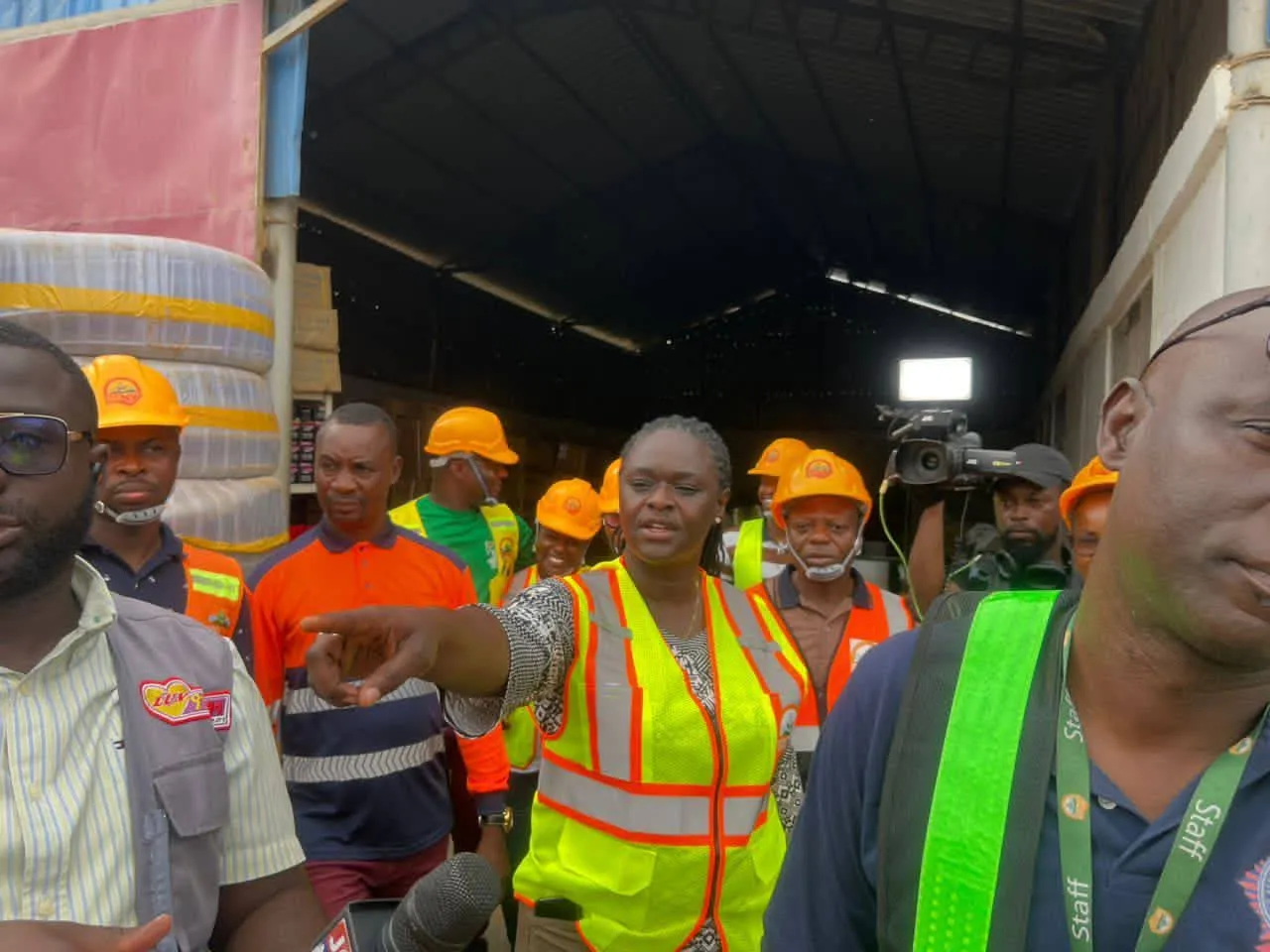Copyright The Hollywood Reporter
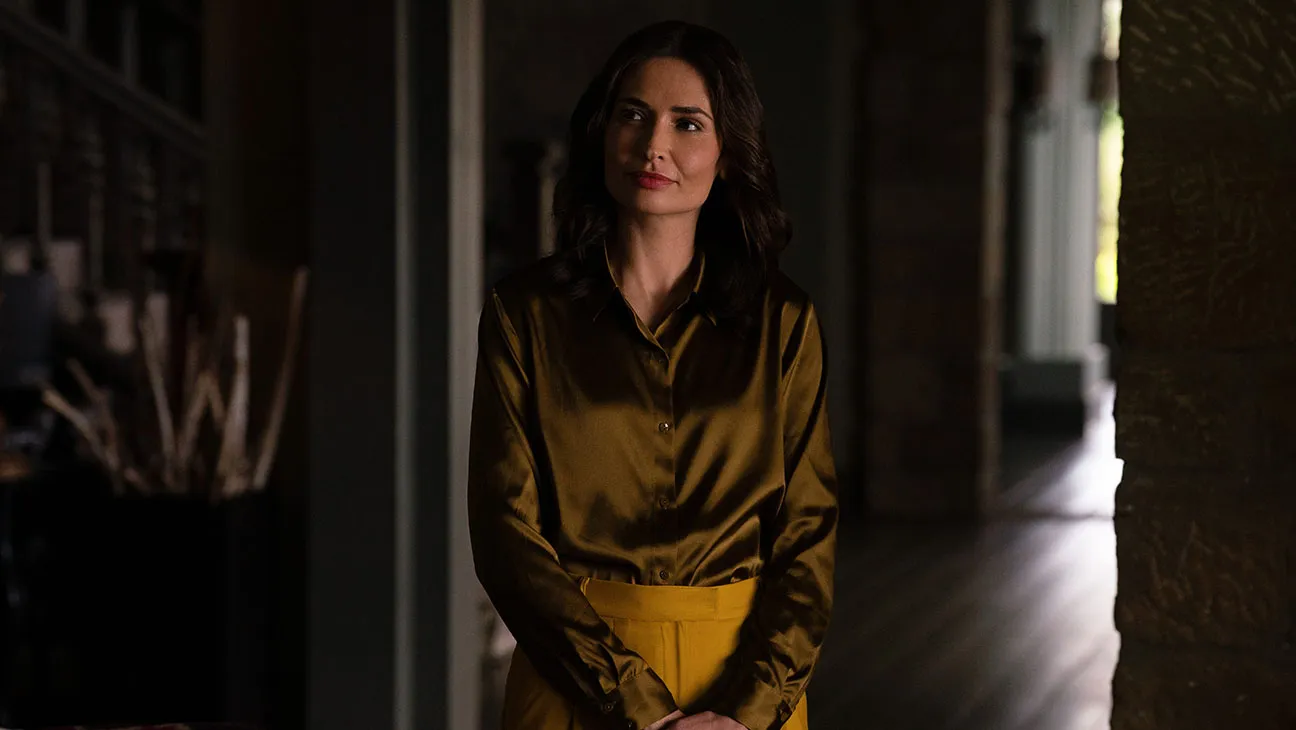
[This story contains spoilers from the two-episode Pluribus premiere.] When the audition for Vince Gilligan’s Pluribus came along, Karolina Wydra not only hadn’t acted in five years, she didn’t even have representation. Bialy/Thomas & Associates — the same casting directors who cast all of the major players on Gilligan’s previous hit shows, including Breaking Bad and Better Call Saul — searched around the world until they remembered Wydra from years earlier. They requested a tape through her commercial agent, however she was no longer a part of that agency’s roster. But the available information was so outdated, it appeared as if she was. As a devoted Breaking Bad fan, the Polish-American actor had been dreaming for years of landing an audition for Gilligan. Her ambition only intensified when she worked opposite Breaking Bad star Bryan Cranston a decade ago on Sneaky Pete, the crime series he created after wrapping the 12-time-Emmy-winning juggernaut. But Wydra soon abandoned her hope of working with Gililgan when no opportunities came her way during Better Call Saul. But then out of the blue, an audition for a highly secretive new Apple TV series came her way with Gilligan’s name attached. One would think she’d be doing cartwheels in response to this lucky break, but she initially hesitated, despite receiving the very chance she’d long wanted. After some inner back and forth, she took the plunge anyway, later discovering that a familiar face happened to influence the fact that she was now in contention for a series regular role. “At one point, [Gilligan] said, ‘I just spoke to Bryan Cranston about you.’ I was like, ‘What is happening? Where are the hidden cameras? Is this a joke? Here I am talking to Vince Gilligan, and he’s telling me that he talked to Bryan Cranston about me,’” Wydra tells The Hollywood Reporter. Wydra soon landed the mysterious role of Zosia opposite Rhea Seehorn’s Carol Sturka, and the two-episode series premiere has already made the case that Wydra is the latest example of Gilligan’s unique ability to turn journeyman actors into stars. “To be where I am today, I get emotional about it,” Wydra says as she begins to cry. “It’s beyond my wildest dreams. Being employed by Vince Gilligan, holy shit.” [Spoiler warning.] The sci-fi series begins with the global outbreak of an extraterrestrial “psychic glue” that forms a hive mind among the worldwide population. Carol, who’s somehow immune, lost her personal and professional partner, Helen (Miriam Shor), during the apocalyptic melee, so she rejects any and all overtures from the people she holds responsible, especially since they still want to try and turn her. Written and directed by Gilligan, episode two, “Pirate Lady,” begins with Wydra’s Zosia cleaning up a dead body in Morocco. Suddenly, an impulse leads her to get on a motorbike and ride to an airfield so she can then fly a C-130 military aircraft to Albuquerque and serve as liaison to Carol on behalf of the collective known as “the Joined” or “the Others.” The Joined are able to tap into virtually any person’s existing thoughts, memories and know-how in order to achieve a task or objective, thus everyone can do everything and everyone knows everything. That includes flying a four-engine turboprop military transport aircraft. (In a previous conversation with THR, Seehorn insisted the series is not meant to be commentary on AI.) Carol still doesn’t react too kindly to her unsolicited chaperone, particularly because she sees through the Joined’s attempts to manipulate her through Zosia’s resemblance to an embryonic version of a pirate character she created for her Winds of Wycaro romance book series. Only she and Helen knew that the “haughty corsair” of Raban was originally a female character, leading to the unwelcome revelation that Zosia and the Joined possess all of Helen’s memories. She may have died from complications during the transitional event, but not before she joined long enough to have her innermost thoughts accessed. Zosia’s offer to speak for Carol’s lost loved one is met with fiery rage, causing Zosia to convulse. This turn of events further reveals that Carol’s emotions are the Joined’s kryptonite. If she gets mad enough, she can potentially kill millions of people around the globe at the same time, just like the Joined did when their outbreak took the lives of nearly 900 million people across the globe. With Zosia, Wydra had quite the tall order in playing a character who personifies practically everyone on the planet. “It’s just too big to imagine playing the whole world,” Wydra says. “We would have conversations of who they are, and then I would tackle what was needed for each scene.” She also had to maintain composure at all times to represent how serene it is to be among the Joined, thereby creating a contrast to the highly volatile Carol. “I did a lot of [meditation and] body work to feel content and at peace so that Zosia wasn’t affected by whatever Carol was throwing at her,” Wydra says. “Zosia has to believe so deeply in ‘our’ cause and that our biological imperative needs to be shared. She believes the Joining needs to be experienced because it’s so good and so blissful. Whenever Carol is struggling, Zosia has to have that in mind, so that, in due time, Carol will also experience this, hopefully.” Actors often feed off each other’s energy, so it was certainly awkward for Wydra to not be able to meet Seehorn’s intensity level at least halfway. “It was really challenging at times to watch somebody have their emotional journey and not be able to go on it,” Wydra admits. “I just had to trust that what I’m doing is not too robotic and find that sweet spot that ‘the Others’ live in.” Below, during a recent conversation with THR, Wydra also addresses whether she knows who Zosia was before the Joining. *** Congratulations on being employed by Vince Gilligan. (Laughs.) Thank you for putting it that way. It’s true. There’s no question that Zosia is a career-defining role for you. Actors, by nature, have to be an optimistic bunch, but have you always been hopeful that an opportunity like this would come along? I always had a dream to work with Vince Gilligan, but to think it would ever be a possibility, you have to be delusional. Every actor has to be delusional on some level to go to Hollywood. You have to have blind faith that, someday, it’s going to work out despite millions of other actors trying to work. But I’ve had this dream ever since I saw Breaking Bad. I was a huge, die-hard fan. I begged my team to get me in the room for Vince Gilligan. I didn’t care how big or how small the part was; I just wanted to work with Vince Gilligan. When I did Sneaky Pete, I worked with [Breaking Bad star] Bryan Cranston, who’s phenomenal. And as I was working with him, I kept thinking, “My God, I’m so lucky to work with Bryan. He’s incredible. I hope one day I get to have the experience that he got to have with Vince Gilligan.” But I never got an audition for Vince Gilligan during that time [of Breaking Bad and Better Call Saul], so I let go of that dream. But then I got an audition with his name attached, only I didn’t know what the project was. I didn’t know how big the character was. I just got the sides, so I knew nothing. It was one of those things where you get very little, and you have to make it your own. When I finally had that moment I’d dreamt of, my first reaction was, “Don’t do it. It’s never going to happen.” And then there was another part of me that said, “Karolina, just do it.” It’s such a funny thing about us humans. You think you’re going to react a certain way to something you’ve always wanted, but then you have another reaction. You just never know. It also came at a time that I didn’t have an agent or a manager. If it wasn’t for casting [Sharon Bialy, Sherry Thomas, Russell Scott], I wouldn’t be here. They searched me out and contacted me. Vince told me they looked for my character for a very, very long time. They searched the world, and they couldn’t find her. So thank God to casting for remembering me and getting in touch with my commercial agent that I wasn’t working with at the time to request my tape. I was still somehow on their roster. So I was like, “You know what? I’m just going to give it a try.” And to be where I am today, I get emotional. [Wydra begins to cry.] “What is happening?” It’s beyond my wildest dreams — being employed by Vince Gilligan, holy shit. Do you know if Vince ever asked Bryan about you? Yes, he did! Before we tested, Vince wanted to have a conversation on Zoom to tell me how the day was going to go and the process of the test and what it was going to look like. I had a million questions after I read the first two scripts. At one point, he said, “I just spoke to Bryan Cranston about you.” So that was another moment where I just was like, “Where are the hidden cameras? Is this a joke? Here I am talking to Vince Gilligan, and he’s telling me that he talked to Bryan Cranston about me.” The whole thing was so surreal, and getting the role was wild. I didn’t think this dream was possible, and even though it happened, I still feel like I’m dreaming in the best way. Bryan clearly gave a glowing review. He must have. I had so much fun working with him on Sneaky Pete. He’s one of a kind. I’ve covered a lot of different shows, and there’s definitely a lasting bond among Vince’s casts and crews that’s unique from most. (Even at the premiere, a lot of faces from each Gilligan show made a point to show up and support the latest endeavor.) Vince creates that type of environment. Most of the crew has been with him since Breaking Bad and they keep coming back because of who he is. I feel very lucky to be a part of his creative family. No matter how big or how small your part is, you feel supported, welcome and safe. The cast on this show is so close. We genuinely have so much love for one another, and we support each other so much. It starts at the top with Rhea Seehorn. She is on another level, not just as an actress, but as a human being and a woman. She’s the real deal. I adore her and Vince so much. I have such adoration, respect and love for them. Rhea’s character, Carol Sturka, is described as the “most miserable person on the planet,” so were you directed to play the most blissfully happy person on the planet? Yes, I was. After the virus spreads, the world is utterly at peace. It’s happy, content and unflappable. There is no longer any suffering, prejudice and crime. There’s just pure goodness. They [the Joined] are really good. Yeah, that’s the thing, you’re not actually playing an individual person. How does one approach playing a character who is really a global collective? It’s such a big idea and wild concept that you can’t tackle it like that. It’s too big to imagine playing the whole world. We would have conversations of who they are, and then I would tackle what was needed for each scene. I also did a lot of meditation in order to go in that state where you feel at one with the world. That’s what meditation does. If you do it long enough, you get into this particular state of being. I also did a lot of body work to feel content and at peace so that Zosia wasn’t affected by whatever Carol was throwing at her. She couldn’t go on the emotional journey with her, and she couldn’t react to what she was experiencing. Zosia has to believe so deeply in “our” cause and that our biological imperative needs to be shared. She believes the Joining needs to be experienced because it’s so good and blissful. Whenever Carol is struggling, Zosia has to have that in mind, so that, in due time, Carol will also experience this, hopefully. So it was really challenging at times to watch somebody have their emotional journey and not be able to go on it. I just had to trust that what I’m doing is not too robotic, and find that sweet spot that “the Others” live in. We meet Zosia while she’s doing cleanup of a dead body in Morocco. Suddenly, someone arrives to replace her, and she motorbikes to an airplane that she herself flies to Albuquerque. From there, she disrobes in the middle of an airport and takes a shower. What was your first reaction upon reading that bonkers introduction on the page? (There’s a cool detail when Zosia enters the bathroom. Someone is curling hair extensions in order to make her look more like Raban.) I was excited! I’ve never been asked to do anything like that. I thought, “What an epic journey for this character.” When you first meet her, you don’t know her past, but she already has the virus. So you watch her go on this journey, and see the flow and the choreography of how the Others move about the world. It’s a beautiful dance that they do, and it’s all silent because they’re communicating telepathically. So it was wild to read, and wild to shoot it. We did a bunch of rehearsals. On top of that, I really got to taxi the C-130 [aircraft]. It was me doing it. Vince asked the pilots if they would let me do it, and the pilots were not sure at first. But on the day of the rehearsal, I learned whatever they threw at me about the plane, and they realized that I am very committed to what I’m doing. So then they felt safe enough to let me do it at the Albuquerque Airport. You alluded to her unknown past, and I’m very curious about who Zosia was before the Joining. Do you know that answer? Or is it still an open question? To be honest with you, I didn’t ask Vince who she was, and we didn’t talk about it. I didn’t want it to color my performance because she is not who she was. We, as humans, come with a lot of history, and while that history can be positive or negative, that’s not who she is today. She’s not experiencing her past; she’s experiencing today. So my focus was only on who she is today, and that’s what’s fascinating about the beginning of episode two. So her past is very questionable. Vince and Rhea have both said Carol is a hero, which would imply that Zosia and the Joined are the villains. But to the Joined, Carol could easily be the villain since her anger is their kryptonite. She could potentially kill them all if she wanted. How do you view these hero-villain dynamics? Well, it’s interesting and very complex. If you ask Zosia, there’s a belief she lives by, and it’s that they have a biological imperative to spread the virus. She wants to have the “Old-Schoolers” come join them. Somebody might think that’s manipulative or villainous, but they really believe what they’re experiencing is worth experiencing. With Carol, Zosia already knows what it’s like to be her, but Carol doesn’t know what it’s like to be them. So the idea of Carol being a hero is based on her belief that fighting for individuality is more important. They both have two great points of view, and the perspective of who is the hero depends on how you are looking at it. After the summit involving a half-dozen Old-Schoolers fails, why do you think Carol stopped Air Force One to reclaim Zosia from Mr. Diabaté (Samba Schutte)? She’s in the grieving process. She suffers a great loss as you see in episode one. And if she goes off to be by herself, there’s an incredible loneliness she’ll experience. And Zosia being so kind and loving as her chaperone, she does help her feel less alone. So I think that’s why she decides it’s better to have someone than no one. Zosia is someone who has a familiar enough face to her own [fictional] creation of [Raban]. So that would be my guess. There’s been a lot of questions so far about what the show is truly saying underneath its quirky sci-fi concept. Theories involving AI, political division and religion have all been bandied about, but besides those subjects, I actually glommed onto the idea that it’s Vince commenting on the celebrity he’s attained. Anyway, what themes resonated with you while inside of it? To be honest, when we asked him those questions, he just said that an idea came to him and he ran with it. He wasn’t trying to think of all these political topics to write about; he just had an idea. So, for me, it’s about human nature. That’s why I love sci-fi. It brings up questions: “How would people behave if this happened, and what would the world look like?” Are there similarities to AI? Are there similarities to what’s happening politically? Even if the intention is not there, great art brings up these questions for us to go, “Huh, isn’t it interesting how this is on par with what’s happening [in real life]?” Life is imitating art, and art is imitating life. So that’s why Vince is so brilliant because he’s created something that brings up so many questions, and they’re all valid questions and interpretations of the show. So all of them are going to be talked about, and you’ll have these conversations just like we had all these conversations on set.
